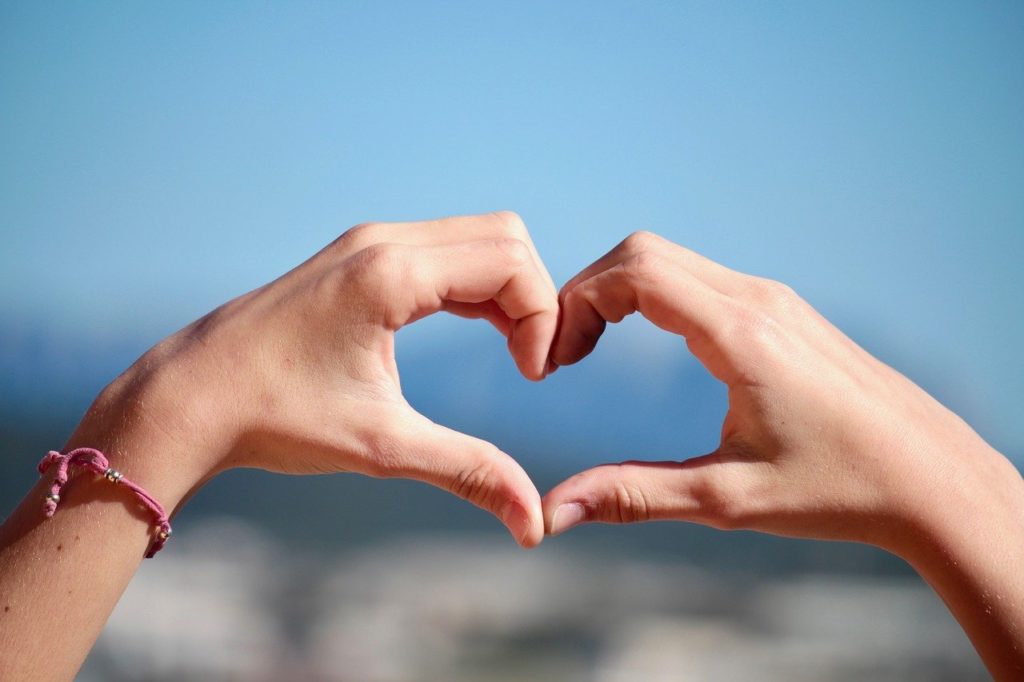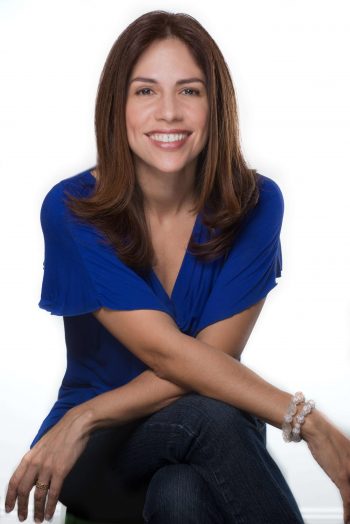Loving Yourself First (Rejoining the World)
You’ve probably heard it a million times: Loving yourself first is indispensable before you begin searching for love. But there’s a long distance from knowing the concept, to living it. What do you do when, over and over, the world gives you evidence that you’re a misfit?
Loving yourself first starts with Knowing yourself:
Clueless
The ink hadn’t dried on my divorce papers when people started asking me why I wasn’t dating. Their pitying eyes seemed to say, “So, you don’t have a man? Oh, there must be something wrong with you.”
Come on! I didn’t need people insinuating I wasn’t normal.
I already knew that!
I’ve always known I’m not normal. In fact, there’s a good chance I’m not an Earthling; life on Earth has never come naturally to me. It’s as if everyone around me got a memo that I missed.
For starters, I’m the most clueless person on the planet. I wish I had a dollar for every well-intentioned person giving me directions who said, “You can’t miss it.” And of course I missed “it”–– whatever “it” was. It’s a miracle I didn’t get myself killed when I first started driving––going the wrong way on one-way streets and changing lanes on the highway without checking my blind spot. (Turning my head made my hands swing on the steering wheel, so to change lanes, I just did the sign of the cross and prayed I wouldn’t hear the thump of hitting a car.)
I’ve spent my life nodding and smiling, pretending I knew what people talked about. Whether it’s reality TV or the newest political feud––I’m always disconnected from current events.
And my biggest challenge is socialization.
So just imagine my terror when my divorce came through and I had to re-integrate myself into society.
Rejoining the world
As a mother of FOUR little kids, my entertainment had always been guaranteed. I was happy to stay in my cave with them and have a little party every night, hiding from the world. What’s more! My four little friends had no point of reference! So they considered whatever I did and said normal, and I didn’t have to censor myself.
But now, my four little friends split their time between my house and their Dad’s, my ex. And I found myself alone half the time. If I didn’t want to go crazy, I had to get out of the house and socialize.
Wait. Socia—what?
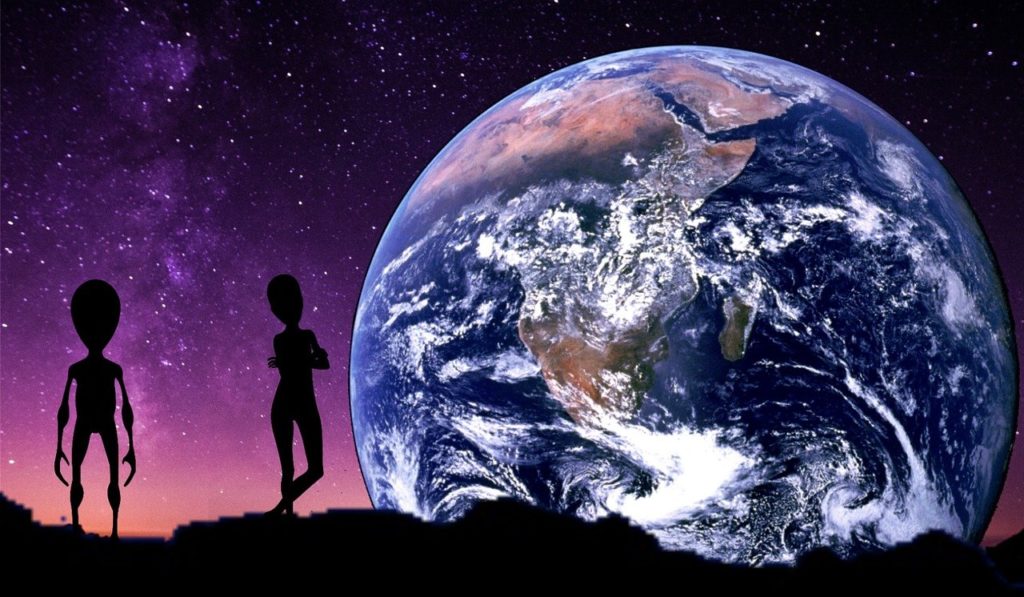
Having young kids, my definition of “having a drink” was grabbing an apple juice box, and a “fancy night out” meant watching a Disney-Pixar Movie––If I was lucky we could get it on-demand instead, so I didn’t have to leave my couch.
And in all honesty, even before kids, I’d never been a “normal” citizen of humanity. In the years where young women date, and socialize, and try on different personas, I was a medical student––and then a resident, and then a hem-onc fellow. By the time I finished training, I didn’t know how to begin an adult conversation that didn’t start with something like “Tell me about your symptoms.”
(Taking a deep breath). Don’t panic. No big deal. Everyone recovering from a divorce goes through this ––right?
It’s just a little harder if you are deeply convinced that you’re an Alien.
But, when did that belief begin?
Loving yourself first starts with knowing your history. My Lonely Childhood
The Nerd. (Feeling Different).
Growing up, I was two years younger than all my classmates. Why, you ask? The short answer is that I’ve been a nerd since the crib. At age three, I couldn’t wait to start school and followed my older sister to a kindergarten classroom.
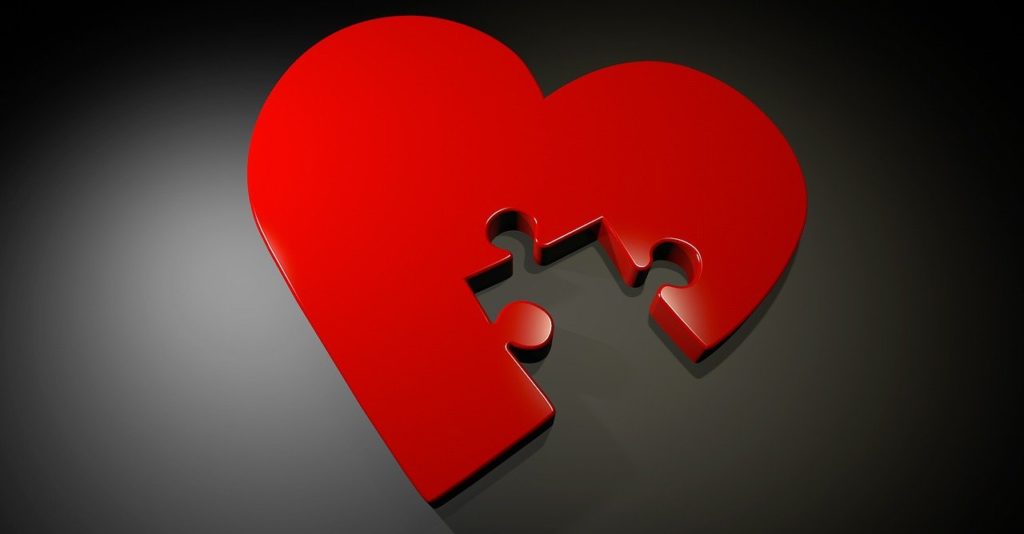
When you’re five and your classmates are seven, those two years make a huge difference––also when you’re eleven and still want to play with dolls, while your thirteen-year-old girlfriends are already into makeup and boys.
But there was more. I was the weird girl who got excited about learning (and here my classmates threw freaked-out looks at me). I became the student to whom the exhausted teachers clung with desperation, as a proof that not all was lost.
“See?” my poor, underpaid teachers would say “Diely got it! She scored an A on the test! So, it’s not my fault you all failed it…Please someone tell me it’s not my fault!” (and here my classmates threw hateful glares at me).
The Outsider
Moving to a new city at age eight didn’t help my feeling of being an outsider. I listened to my new classmates talk about gatherings I never joined. Through the bars on my house’s windows, I watched kids play together, with longing; fantasizing that I was a little princess locked in the tower of a castle, envying the village kids.
It didn’t help that my family was quite atypical for the Dominican Republic (more on that later). We listened to Mozart, Bethoven and Bach while everyone around us danced to merengue and bachata. While our neighbors met to drink rum, play dominos, and talk about the latest mistress-and-wife catfight in town, we gathered to play instruments and sing harmonies with my uncles and aunts. While my classmates collected comic books, I grew up admiring photo books from art museums—The Louvre, El Prado, The Uffizzi. (My parents valued European culture deeply, they would rather go hungry than quit traveling.)
And of course, according to my parents, we were the lucky ones! Everybody else didn’t know of all the fun they were missing! Yay!
Yet I’ll never forget the disgusted look my high-school friends shot me the day I brought tuna and pâté de foie grassandwiches for my school picnic lunch, while the other kids had salami.
The Invisible Woman
My mother attempted to console me once. “Stop worrying so much about being different, Diely. Nobody really cares. Have you ever seen friends gathering to look at a group picture? They all go straight to their own faces, to obsess about whether they closed their eyes, or didn’t smile right. No one’s looking at anyone else. It’s the same in life. Most people are only thinking about themselves and not sparing a thought on you.”
Great. I was not only odd. I was also invisible.
Which may be true, by the way. Have you ever visited those restrooms with fancy sensors? Those supposed to flush the toilet automatically when you leave the stall, or dispense water and hand soap when you wave under the sink faucet? They never seem to see me! They work for everyone around me, but ignore me.
And of course, there’s being the middle child–– rarely ever noticed between a witty older sister and a cute younger one.
Maybe I was invisible after all––which is even worse than being weird.
The Misfit Alien.
So, I grew up convinced that I wasn’t normal. And like law of attraction says, whatever you believe will come true.
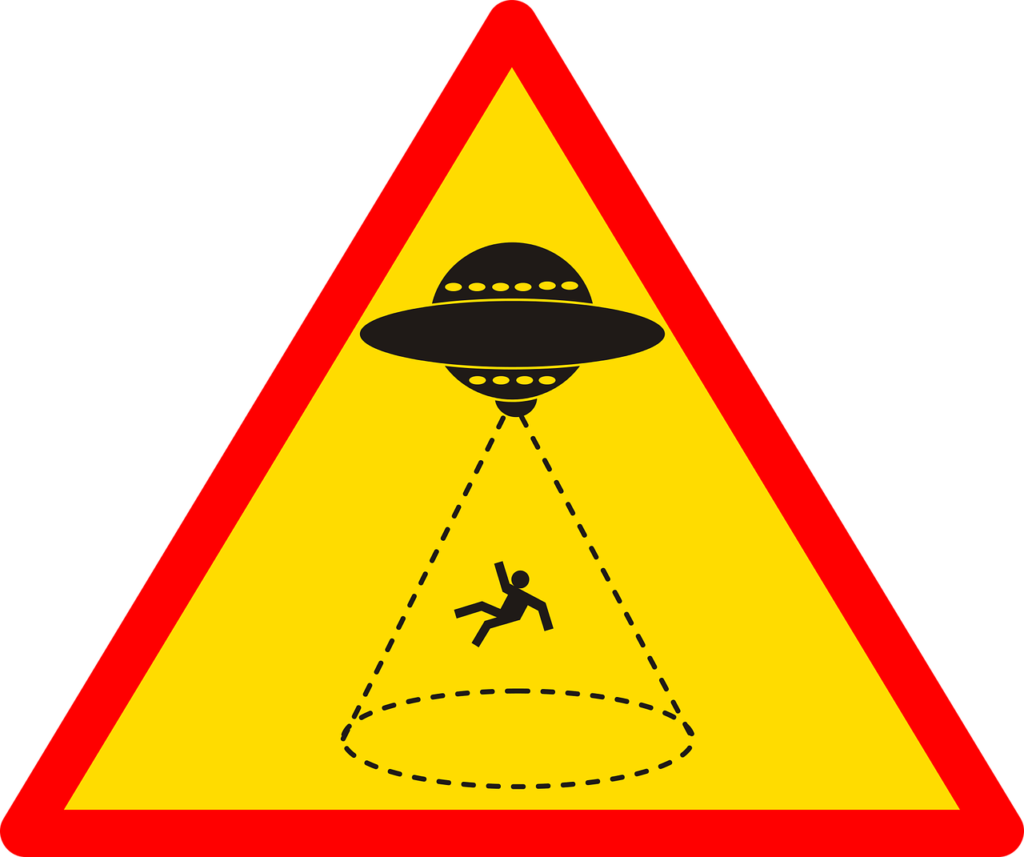
In my case it came true the day I received a letter from the “Center for Immigration and Naturalization services” (now called Department of Homeland Security). The letter enclosed my new student’s visa papers and said, “This is your new Alien number.”
Oh-oh. The prophecy had come to pass. I was an Alien!
Sigh.
Years later I got rid of “The Alien number” by becoming an American Citizen. Still, my blunders trying to catch up with the American culture would take a whole book. One example? The shocked expression of the first patient I greeted Latin style— with a hug and a kiss—without realizing Americans don’t do that.
In my early adulthood, I never seemed to fit anywhere. Surrounded by workaholic male colleagues, I felt like a mom pretending to be a Doctor. Yet, surrounded by stay-home mothers at my children’s school, I felt like a doctor pretending to be a mom. I felt self-conscious about being an adoptive daughter, not a blood-child, of the United States—a naturalized American Citizen. Yet, when I visited the DR, I found myself out of place, no longer used to the chaos and corruption.
And now I was a doctor-mom, invisible, misfit alien pretending to be a normal single woman.
How could I even start?
Stop the self-deprecation! Enough talking about myself!
The Self-fulfilling Prophecy
That was getting annoying, wasn’t it? It took me years to realize that my negative self-talk became a self-fulfilling prophecy. Others seemed to say “amen” to whatever I thought of myself.
In truth, we broadcast our self-opinion to the world in a thousand subtle ways: through our body language, our day-to-day choices, and perhaps sheer telepathy. If we aspire to any affection, appreciation or respect, we need to break the vicious cycle and start appreciating ourselves—even if at first it feels like faking it. How? Here’s how I got started:
Loving yourself starts with challenging your identity.
Tony Robbins says that identity is this incredible force, invisible like gravity, that controls our whole life. He also says that the most powerful force in the human psyche is our need to stay consistent with our identity— how we define ourselves.
Often, we cling to an identity even when it’s hurting us, because it brings us a sense of stability and significance. As much as we complain about them, our quirks, defects and even problems make us feel important.
An example? In my case, my misfit/outsider identity derived from my family history.
My Unusual Family
My family had what I call “The penniless blue-blooded syndrome.” Once upon a time, my maternal ancestors had been wealthy land owners. Yet when the Dominican dictator Trujillo seized much of their land in the 1930’s, the situation changed. Champagne taste in a budget beer? Worse. Financial struggle bordering poverty.
Still, my relatives retained a piece of proud identity in proclaiming themselves different to the average poor, “We’re no longer rich in money, but we’re rich in culture and class.” From classical music to European taste, every action that shocked our neighbors and my classmates became a proud declaration of our family’s glorious past.
So, as much as I complained that I didn’t want to be different, the truth was that being different had been linked in my mind to being special. And if I ever blended it, I would not have known who I was anymore. Only when I made the decision that the pain of isolation was greater than the imaginary glory my identity brought me, I was able to sincerely say to another human being. “Let’s find out what we have in common, and then enrich each other’s lives with what is different.”
Loving yourself first starts with spending time with yourself.
You can’t grow to like someone you don’t really know. In my case, my kids visiting their dad turned out to be a hidden blessing: it forced me to spend time with myself. It forced me to ask myself who I was— beyond all those titles of doctor, mother, alien-immigrant…
Doesn’t it seem sometimes we get stuck in judging ourselves for a couple of flaws, while ignoring the whole picture?
I invite you to ask yourself: Who are you? What do you love and dislike? What are your talents, your passions, your pet-peeves? What are your flaws and your virtues?
If you can remember a time when you truly liked yourself, what changed since then? Do you have your own pâté de foie gras sandwich story? Or perhaps your own legend, (like mine, the little princess locked in the castle tower). What identity have you been clinging to, and why?
Loving yourself first starts with ending the isolation and rejoining the world
Isolation can become a vicious cycle. In my case, I hid behind my misfit identity to justify my lack of social effort—yet the less I socialized, the least I challenged that identity. I could analyze myself until exhaustion, but nothing would change until I ended my self-imprisonment.
Other people’s eyes become the mirror we use to develop our first sense of self. And in adulthood, people around us help us see the parts of ourselves we can’t see.
Until now, I’ had all the wrong mirrors. Fun-house-mirrors reflecting a distorted image. From my loving, but distracted parents, to my little classmates, to my ex-husband. I’d believed people who saw the bad parts of me, without reflecting the good ones. Or even worse, people who didn’t see me at all.
So, I couldn’t try to save myself in isolation. I needed other people. I needed new mirrors. And so do you.
We can no longer hide from the world with the excuse of feeling we’re from another planet— without others, we’ll never stop believing it. Worst case scenario, being stared at was less painful than not being seen at all.
So I made a commitment to make new friends and start getting out of the house.
Well, you know by now that the story had a happy ending.
But like I always say. That’s another story.
So stay tuned for the next chapter.
Love,
Diely

